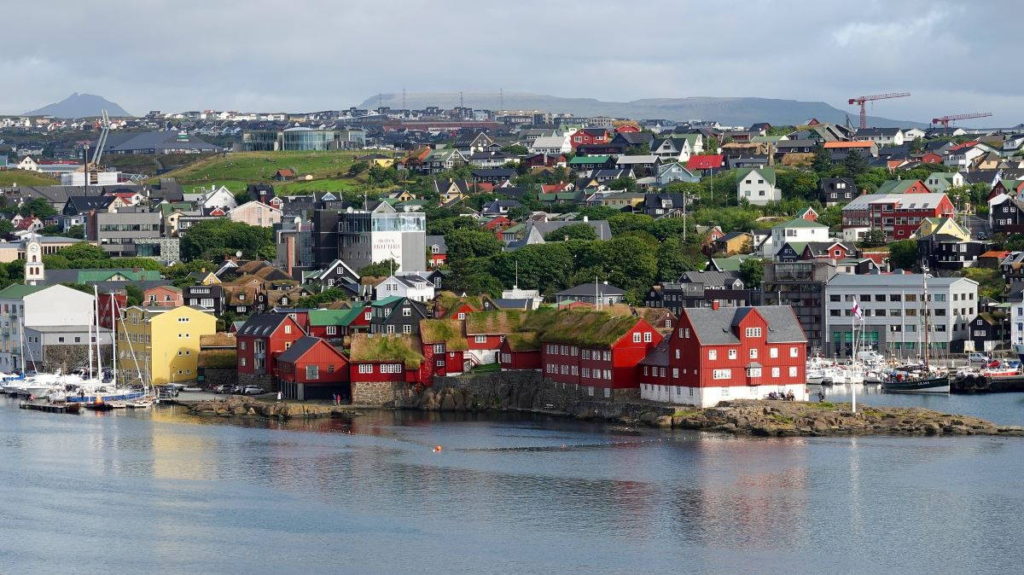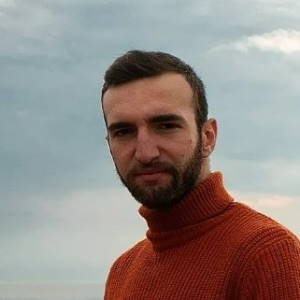Republished content: Read the original post
Anyone seeking new territory to explore, send guests to, or expand into should heed the community’s attitudes to visitors and its expectations of inbound travel & tourism.
As part of his postgraduate studies, Saverio Francesco Bertolucci undertook research in the remote Faroe Islands to find out what locals think about tourists and our industry.
“Fascinating and not for everyone” is how I would describe the Nordic archipelago of the Faroe Islands; a cluster of steep volcanic islands between Norway, Scotland, and Iceland which are inhabited by 50,000 citizens deeply devoted to their land.
Despite extreme weather conditions, with 300 rainy days during the year, the Faroe Islands have lately become trendy for hikers and others who want to explore the archipelago’s unique landscapes and pristine nature.
Tourism is now the second most important economic source of foreign exchange (after fish exports), however the continuously rising inflows are seen by locals as an environmental and social threat.
Indeed, not every tourist is respectful of Faroese land and privacy. Authorities have reported countless face-to-face clashes between tourists and locals.
Unlike the aforementioned tourists, I have offered and been treated with maximum respect during the completion of two research projects in the Faroe Islands between 2020 and 2021.
During both adventures, I was invited into Faroese homes during their special occasions, and I met politicians, fishers, farmers, and entrepreneurs. My mission was to better understand attitudes towards tourism and its development in the Faroe Islands.
For this “GT” Insight I am happy to share with you a brief summary of my findings, which have been published in full by the Journal of Responsible Tourism Management.
Quality tourists only, please … and no cruise passengers
Every Faroese citizen I interviewed agreed with the idea that the Faroe Islands is a unique destination vulnerable to large-scale human pressure.
While they acknowledged that tourism is a potential valuable source of revenue, they appeared visibly scared about the future of tourism in their country.
To prevent destruction of their natural and cultural heritage, inhabitants wished to welcome well-off and respectful tourists willing to engage with locals and live like residents for a prolonged period of time.
In this context, cruise tourism is not an option since cruise passengers come and go. They fleetingly step on Faroese land without interacting with the locals nor even spending much, if any, money.
Highly welcoming to anyone with a genuine interest
Considering that the inhabitants’ instinct is to preserve their territory and protect it from mass tourism, I was surprised by the friendly attitude they had towards me, a tourism researcher. Their behavior during every encounter was very similar to Italian and Spanish attitudes. Every interviewee was happy to talk with me and showed their commitment to help in any possible way. Most respondents did not set a specific timeframe for our interaction, instead offering me coffee, biscuits, or even meals. And they introduced me to other Faroese who, in turn, helped me with my research.
Once they realised I was striving to learn and help the community, they were appreciative of my efforts.

Faroe Islands’ capital Tórshavn by Aline Dassel (CC0) via Pixabay.
But don’t stray off the path … literally
For your own safety, and for preserving farmers’ fields and pastures, it is a basic but strict requirement for both locals and tourists not to wander off the walking trails.
In short, the Faroese are very friendly, but they wish to open their country to a limited number of responsible tourists who show their willingness to interact, learn, and contribute to the good image of the country.
Bear this in mind should you visit for a holiday or want to do business in the Faroe Islands. Follow my suggestions and you will not regret it!
Featured image (top of post): Faroe Islands sheep by Rav_ (CC0) via Pixabay.
Saverio Francesco Bertolucci writes: “Herding sheep is a long tradition in the Faroe Islands, and people are very proud to wear classic sweaters made with their wool. Sheep are the symbol of the Faroe Islands and it is no surprise that these animals outnumber people and can be seen everywhere, from town centres to steep rocky valleys. Pure entertainment during hikes or car journeys!”
About the author
 Saverio Francesco Bertolucci studied international tourism & leisure at Università di Bologna, Italy and sustainable tourism development at Aalborg University, Denmark. Currently interning for Valencia-based Famliday and The Fun Lab, the quadrilingual Italian is interested in destination management, the experience economy, and customer care, and has a passion for social sustainability, remote tourism, and co-creation”.
Saverio Francesco Bertolucci studied international tourism & leisure at Università di Bologna, Italy and sustainable tourism development at Aalborg University, Denmark. Currently interning for Valencia-based Famliday and The Fun Lab, the quadrilingual Italian is interested in destination management, the experience economy, and customer care, and has a passion for social sustainability, remote tourism, and co-creation”.